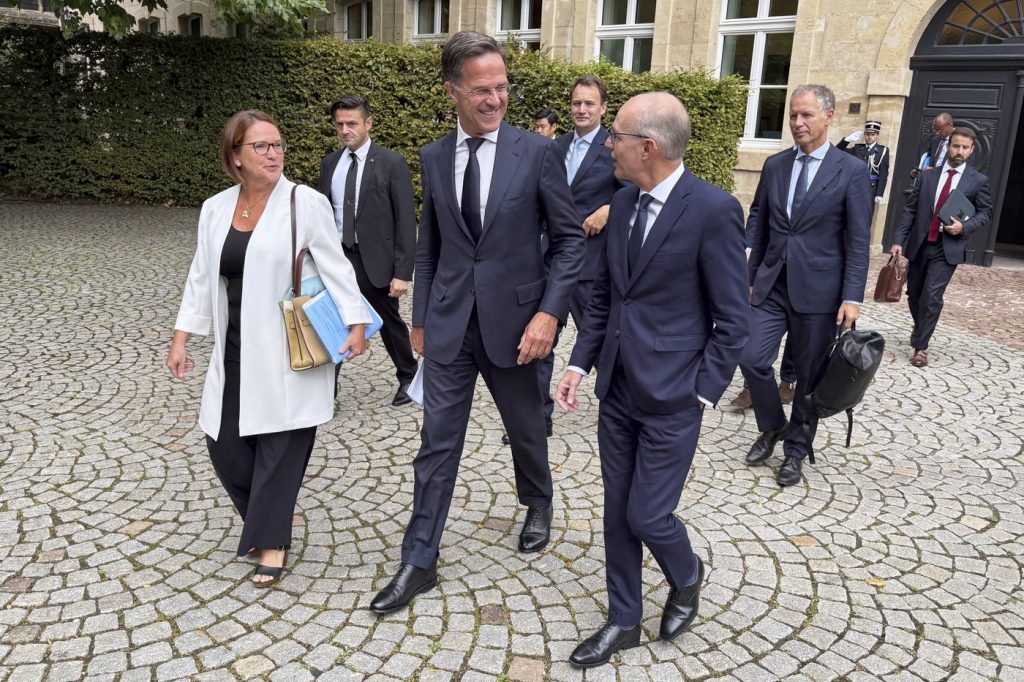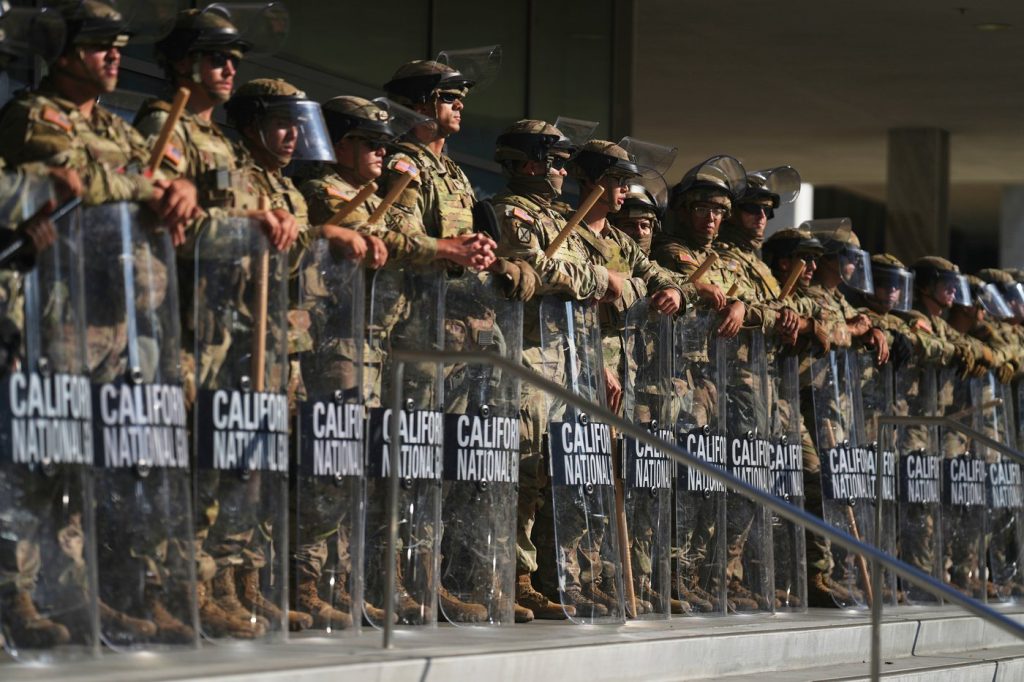NATO is actively working to counter Russian jamming of civilian flights, as reported by the alliance's chief, Mark Rutte, during a news conference in Luxembourg. This announcement came shortly after an incident involving a jet carrying European Commission President Ursula von der Leyen, which lost its GPS navigation capabilities midair over Bulgarian airspace. Fortunately, the plane landed safely on Sunday, although Bulgarian authorities indicated that they suspect Russian involvement in the interference.
Rutte emphasized the seriousness of the matter, assuring that NATO is "working day and night" to prevent further incidents of this nature. However, he did not provide additional details on the measures being undertaken. Both Russia and von der Leyen have not made any public statements regarding the incident, and it is noteworthy that the European Union and NATO, despite being separate entities, share a common concern for the security of Europe.
Rutte characterized the jamming incident as part of a broader campaign by Russia, which includes various hybrid threats such as the cutting of undersea cables in the Baltic Sea, a conspiracy to assassinate a German industrialist, and a cyberattack on the UK's National Health Service. He expressed his disdain for the term "hybrid," stating that it underplays the severity of actions like jamming commercial airplanes, which could have catastrophic consequences.
The Associated Press has documented nearly 80 incidents across Europe attributed to Russia, which have been described by the head of Britain’s foreign intelligence service as "staggeringly reckless." Since Russia’s full-scale invasion of Ukraine in 2022, numerous attacks and incidents ranging from vandalism to assassination attempts have been blamed on Russian actions and its proxies.
The forms of interference employed by Russia include both jamming and spoofing techniques. Jamming overwhelms communication signals with a stronger radio signal, while spoofing misleads a receiver into believing it is at a different location or in a different time frame. Rutte pointed out that the threat from Russia is escalating daily and highlighted that even countries like Luxembourg and the Netherlands could be directly impacted. He mentioned that the latest Russian missile technology could enable rapid strikes across Europe, shortening the response time to as little as five to ten minutes.
The entirety of Europe is perceived to be under direct threat from Russia, as stated by Rutte, asserting that all countries on the continent, whether in London or Tallinn, are part of the eastern flank now. In light of the incident, Bulgarian Prime Minister Rosen Zhelyazkov indicated that the country would refrain from investigating the jamming of von der Leyen's plane, dismissing the occurrence as a daily occurrence resulting from Russia's ongoing war in Ukraine. He acknowledged that such intrusions have become commonplace throughout Europe.
Overall, the incident underscores the growing concern over security in European airspace and the potential ramifications of Russian cyber and electronic warfare tactics in the context of geopolitical tensions. As NATO and its member states ramp up efforts to mitigate these risks, it remains critical to monitor the evolving landscape of threats that could impact civilian and military operations alike.












